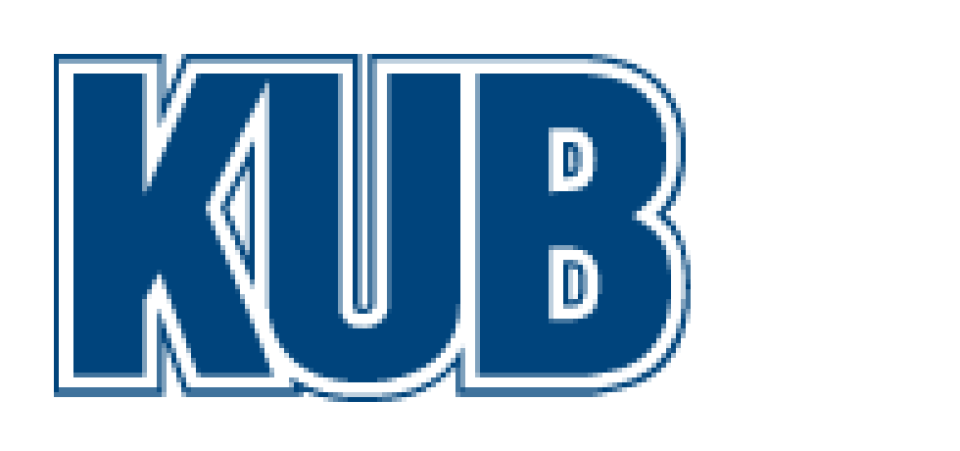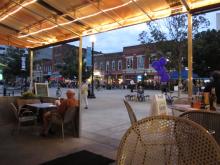Knoxville Knocking on Door to be Tennessee’s Next Gig City
Although Tennessee is one of 19 states in the nation with laws that limit municipal broadband networks, it is also home to several of the nation’s premier municipal Fiber-to-the-Home (FTTH) networks, including EPB Fiber, a division of Chattanooga’s city-owned electric and telecommunications utility.
In the Volunteer State, municipal electric providers are restricted from offering Internet service on fiber networks beyond their service areas. But now, Knoxville, a city of approximately 187,000 residents and the home of the University of Tennessee, is aiming to get on the community fiber track and become the state’s next gig city.
Earlier this month, the Knoxville Utilities Board (KUB) Board of Commissioners approved a business plan that, if approved, will set the utility on a path to bring high-speed Internet connectivity to its more than 468,000 customers spread out across Knoxville, Knox County, and small parts of seven neighboring counties.
The plan has been sent off to the Tennessee State Comptroller office for review, one of the initial steps in the process to bring triple-play services (Internet, phone and TV) to its broadband-hungry customers.

A Need for Speed


